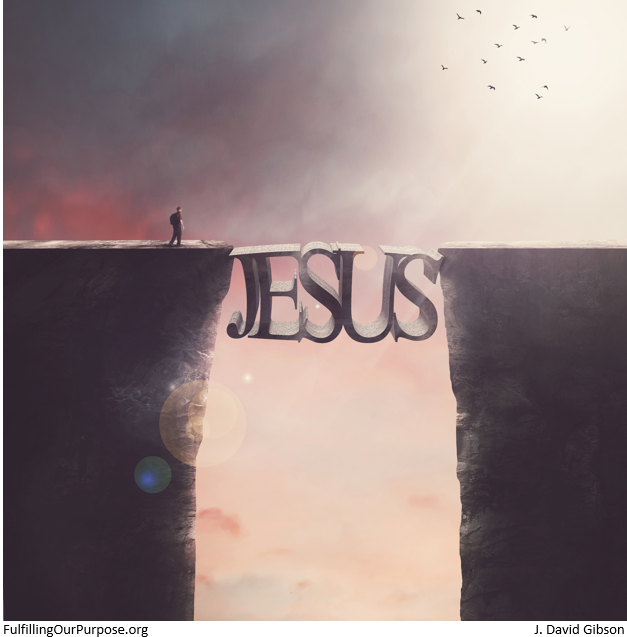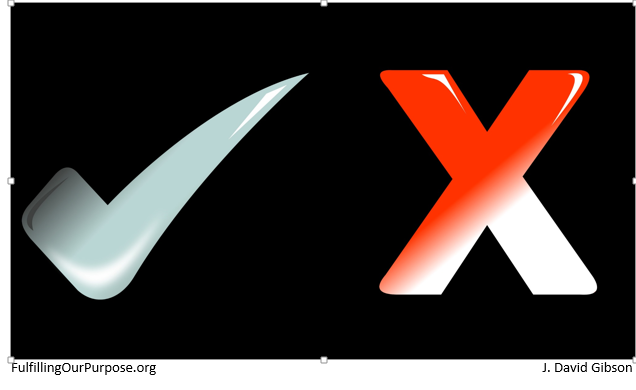Connections
Two incidents, one from the Old Testament and one from the New, point in the same direction.
The first occurred when God instructed Israel to take the blood of a lamb and put it on their doorposts.
“The blood shall be a sign for you on the houses where you live; and when I see the blood I will pass over you, and no plague will befall you to destroy you when I strike the land of Egypt” (Exodus 12:13).
Many centuries later John the apostle described what he witnessed at the cross. “But one of the soldiers pierced His side with a spear, and immediately blood and water came out. And he who has seen has testified, and his testimony is true; and he knows that he is telling the truth, so that you also may believe” (John 19:34-35).
God witnessed the blood of a lamb on the door. John witnessed the blood of “the Lamb of God, who takes away the sin of the world” (John 1:29).
Comparisons and contrasts
The blood of the Passover lamb spared the Israelites from physical death. We are spared a doom far worse than the death if we apply the blood of “Christ our Passover” (1 Corinthians 5:7).
The first blood pointed to the second. The lesser was a sign of the greater.
In homes without the blood, there was death. In hearts without the blood of Christ, there is spiritual death.
For Israel, applying the blood was an act of faith and obedience. We too exercise faith and obedience when the blood of Christ cleanses us in baptism (Acts 2:38; 22:16; Romans 6:3-5; Colossians 2:12-13).
God made a way for Israel to be spared that awful night when death came calling.
God has made a way for us to be spared on the awesome Day when His wrath is poured out on the disobedient.
It’s the blood that makes the difference.

Scripture quotations taken from the NASB: http://www.lockman.org/
Please share this post!
david_gibson6@yahoo.com
















